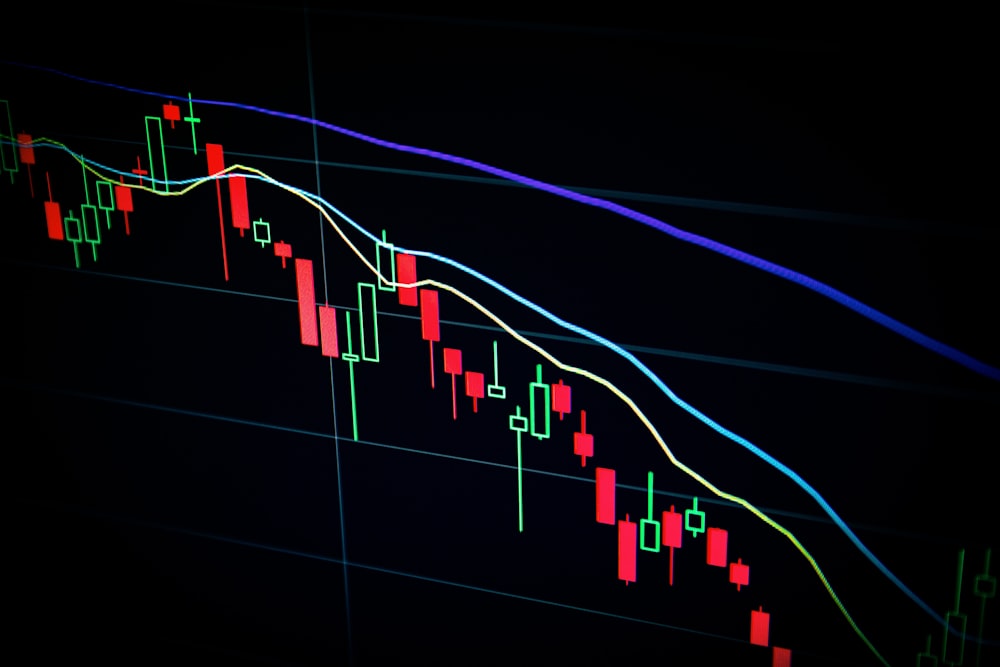📚 Table of Contents
Introduction
When it comes to passive investing, two of the most popular options are index funds and exchange-traded funds (ETFs). Both offer diversification, low costs, and broad market exposure, but they also have distinct differences that can impact your investment strategy. So, how do you decide between index funds versus ETFs? This in-depth guide will break down the pros and cons of each, helping you make an informed decision based on your financial goals, risk tolerance, and investment preferences.
What Are Index Funds?
Index funds are a type of mutual fund designed to replicate the performance of a specific market index, such as the S&P 500 or the NASDAQ-100. These funds pool money from multiple investors to buy a diversified portfolio of stocks or bonds that mirror the index they track. Unlike actively managed funds, index funds follow a passive investment strategy, meaning they aim to match the market rather than outperform it. This approach typically results in lower fees and consistent, long-term returns.
What Are ETFs?
Exchange-traded funds (ETFs) are similar to index funds in that they also track a specific index, commodity, or sector. However, ETFs trade on stock exchanges like individual stocks, meaning their prices fluctuate throughout the trading day. This provides investors with greater flexibility, as they can buy and sell shares at any time during market hours. ETFs also tend to have lower expense ratios than traditional mutual funds, making them an attractive option for cost-conscious investors.
Pros of Index Funds
Index funds offer several advantages for investors seeking a hands-off approach to wealth building. One of the biggest benefits is their simplicity—once you invest, the fund automatically adjusts to match the index, requiring minimal effort on your part. Additionally, index funds typically have lower expense ratios compared to actively managed funds, which can significantly impact long-term returns. Another advantage is their tax efficiency, as index funds generate fewer capital gains distributions due to their low turnover rate.
Cons of Index Funds
Despite their benefits, index funds have some drawbacks. One limitation is their lack of flexibility—most index funds only trade once per day after the market closes, which can be a disadvantage for investors looking to capitalize on intraday price movements. Additionally, while index funds are diversified, they are still subject to market risk. If the underlying index performs poorly, so will the fund. Lastly, some index funds may have minimum investment requirements, which can be a barrier for new investors.
Pros of ETFs
ETFs provide several unique advantages that make them appealing to a wide range of investors. One major benefit is their liquidity—since ETFs trade like stocks, investors can buy and sell shares at any time during market hours. This flexibility allows for strategies like short selling and limit orders. ETFs also tend to have lower expense ratios than mutual funds, and many offer tax advantages due to their unique creation and redemption process. Additionally, ETFs provide access to niche markets and sectors that may not be available through traditional index funds.
Cons of ETFs
While ETFs offer many benefits, they also come with some downsides. One potential drawback is the bid-ask spread, which can increase trading costs, especially for less liquid ETFs. Additionally, because ETFs trade like stocks, investors may incur brokerage commissions, though many platforms now offer commission-free trading. Another consideration is the temptation to trade frequently, which can lead to higher costs and lower returns over time. Finally, some specialized ETFs may carry higher risks due to their focus on volatile sectors or leveraged strategies.
Key Differences Between Index Funds and ETFs
Understanding the differences between index funds and ETFs is crucial for making an informed investment decision. While both provide passive exposure to the market, their structures and trading mechanisms vary significantly. Index funds are priced once per day after market close, whereas ETFs trade continuously throughout the day. ETFs also tend to be more tax-efficient due to their in-kind creation and redemption process, which minimizes capital gains distributions. On the other hand, index funds may be better suited for dollar-cost averaging, as they allow fractional share purchases in many cases.
Which Is Better for You?
The choice between index funds and ETFs ultimately depends on your individual financial goals and investment style. If you prefer a hands-off approach with automatic reinvestment and no need for frequent trading, index funds may be the better option. However, if you value flexibility, intraday trading, and potential tax advantages, ETFs could be more suitable. Consider factors like your investment horizon, risk tolerance, and whether you plan to make regular contributions before deciding.
Conclusion
Both index funds and ETFs offer compelling benefits for passive investors, but they cater to slightly different needs. Index funds provide simplicity and ease of use, while ETFs offer greater flexibility and tax efficiency. By weighing the pros and cons of each, you can determine which investment vehicle aligns best with your financial strategy. Whether you choose index funds, ETFs, or a combination of both, the key is to stay disciplined and focus on long-term growth.


Leave a Reply